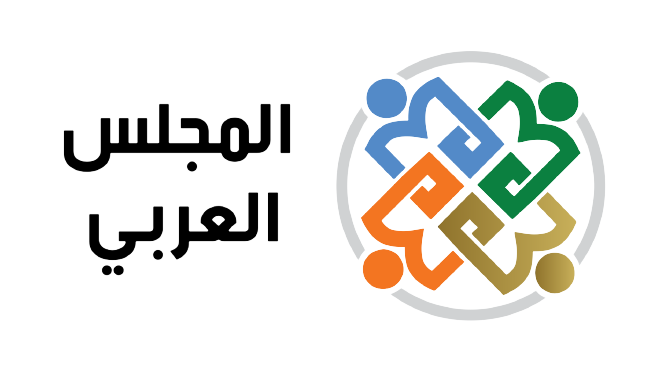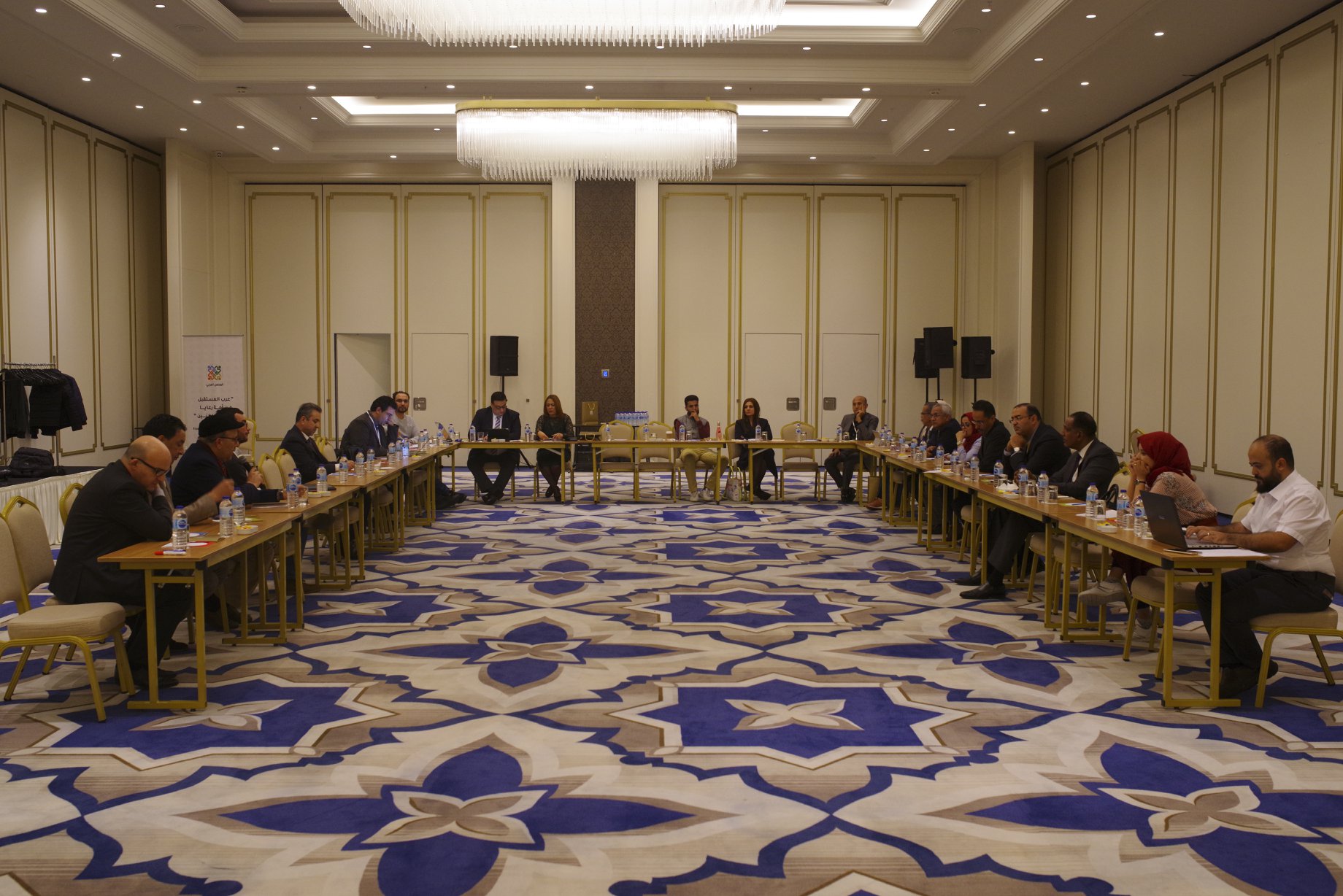Workshop Four: Outlining an Alternative Development Vision for the Region
The majority of Arab countries are experiencing escalating economic, financial, and social crises. These crises threaten greater political and social instability, increased debt, and deeper dependency on dominant global economic powers, emerging regional players, and international financial institutions. Inter-Arab trade continues to deteriorate, and dreams of economic integration remain unfulfilled. Even resource-rich countries, with their oil, gas, and natural wealth, remain trapped in a dependent rentier model lacking sovereignty, effective governance, and future-oriented planning.
Compounding these challenges are critical technological, demographic, and environmental issues:
- Technological Divide: Most Arab nations have failed to bridge the vast technological gap with advanced economies. They lag in scientific research, high-value industries, space exploration, and similar fields. Meanwhile, education quality has plummeted across much of the region.
- Demographic Shifts: The region faces uneven population trends. Some countries experience rapid population growth and high fertility rates, while others face declining rates, raising concerns about accelerated aging.
- Environmental Threats: Climate change poses serious risks, including severe droughts, desertification, earthquakes, forest fires, and rising sea levels.
Despite the magnitude of these challenges, most Arab countries lack effective monitoring mechanisms, clear strategic plans, or sound policies to address them. In “states of subjects,” rulers address these issues superficially, primarily aiming to maintain their power and project an appearance of alignment with global sustainable development goals.
In contrast, the envisioned “State of Citizens” prioritizes citizens as the core of development efforts, where governance focuses on solutions that serve the public good.
Workshop Objective
The workshop aims to facilitate an in-depth and specialized discussion on an alternative development vision. This vision should address the region’s pressing economic, demographic, technological, financial, and environmental challenges and break the cycle of underdevelopment and dependency.
Key Questions for Discussion
Participants are invited to reflect on the following:
- How can governance shift toward informed, strategic decision-making to address these multifaceted challenges effectively?
-
What innovative projects can empower youth, who form the majority of the region’s population?
- Examples include alternative energy solutions, nanotechnology, and leveraging advanced technology to utilize neglected green spaces in key areas like Sudan and the Horn of Africa.
- How can the region establish comprehensive, sustainable human development policies?
- Can a new narrative transform governance from a focus on authority to a focus on sustainable development within a framework of good governance?


